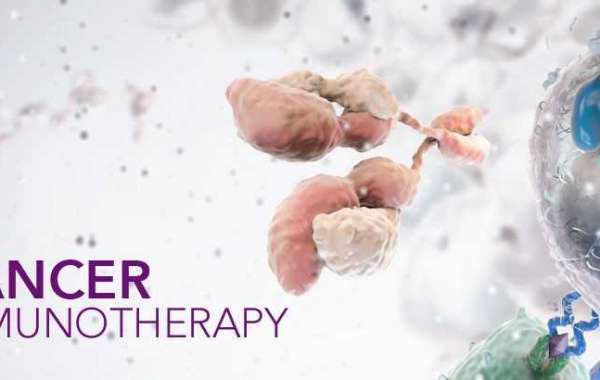Introduction: The Complex Landscape of Cancer
Cancer is a complex and multifaceted group of diseases, characterized by the uncontrolled growth and spread of abnormal cells. It affects people of all ages, genders, and backgrounds, making it one of the most challenging health issues worldwide. This article delves into the diverse types of cancer, the range of available treatment options, and the persistent challenge of cancer recurrence.
Understanding Different Types of Cancer
Cancer is not a single entity but rather a multitude of diseases, each with unique characteristics and behaviors. Some of the major types of cancer include:
Breast Cancer: Primarily affecting women, breast cancer develops in the breast tissue and can manifest as malignant tumors.
Prostate Cancer: Occurring predominantly in men, prostate cancer affects the prostate gland and necessitates early detection for effective treatment.
Colorectal Cancer: Colorectal cancer affects the colon or rectum and is treatable if diagnosed in the early stages through regular screenings.
Skin Cancer: Skin cancer comprises melanoma, basal cell carcinoma, and squamous cell carcinoma, all of which primarily originate in skin cells.
Leukemia: Leukemia is a cancer of the blood and bone marrow, leading to abnormal blood cell production.
Pancreatic Cancer: One of the most aggressive cancers, pancreatic cancer affects the pancreas and often presents late-stage symptoms.
Ovarian Cancer: Ovarian cancer primarily affects women and involves the development of malignancies in the ovaries.
Lung Cancer: Lung cancer is characterized by uncontrolled cell growth in the lungs, leading to the formation of tumors.
Types of Cancer Treatment: A Multifaceted Approach
Cancer treatment is not a one-size-fits-all solution. The choice of treatment depends on the type and stage of cancer, as well as individual patient characteristics. Common types of cancer treatment include:
Surgery: Surgical removal of cancerous tissue or tumors is often the initial treatment option, particularly for localized cancers.
Chemotherapy: Chemotherapy uses drugs to target and destroy cancer cells or slow their growth. It can be administered orally or through intravenous methods.
Radiation Therapy: Radiation therapy utilizes high-energy X-rays or other particles to kill cancer cells or damage their DNA. It is commonly used in conjunction with surgery or alone for specific cancer types.
Immunotherapy: Immunotherapy enhances the body's immune system to recognize and attack cancer cells. It has shown remarkable results in various cancers, including lung cancer and melanoma.
Targeted Therapy: Targeted therapy focuses on specific molecular alterations in cancer cells, aiming to block or interfere with the signals that promote cancer growth.
Hormone Therapy: Hormone therapy is used primarily for hormone-driven cancers, such as breast and prostate cancer, and works by blocking the hormones that fuel cancer growth.
Precision Medicine: Precision medicine involves tailoring treatment to a patient's genetic makeup and the specific characteristics of their cancer, allowing for a more personalized and effective approach.
Cancer Recurrence: The Ongoing Challenge
One of the most formidable challenges in cancer treatment is cancer recurrence, where the disease returns after a period of apparent recovery. Recurrence can occur at the same location (local recurrence) or in distant parts of the body (metastasis). Several factors influence the risk of recurrence, including the type of cancer, the effectiveness of initial treatment, and individual patient characteristics.
Conclusion: A Multifaceted Battle Against Cancer
The world of cancer is diverse and complex, with each type requiring tailored approaches to treatment. Understanding the nuances of different types of cancer, the range of available treatment options, and the challenges of cancer recurrence is crucial for both patients and healthcare providers.
As research and medical advancements continue to shape the field of oncology, the battle against cancer remains multifaceted, requiring a collective effort from the medical community and society at large. By staying informed and proactive, we can make strides in preventing, treating, and managing cancer more effectively.










